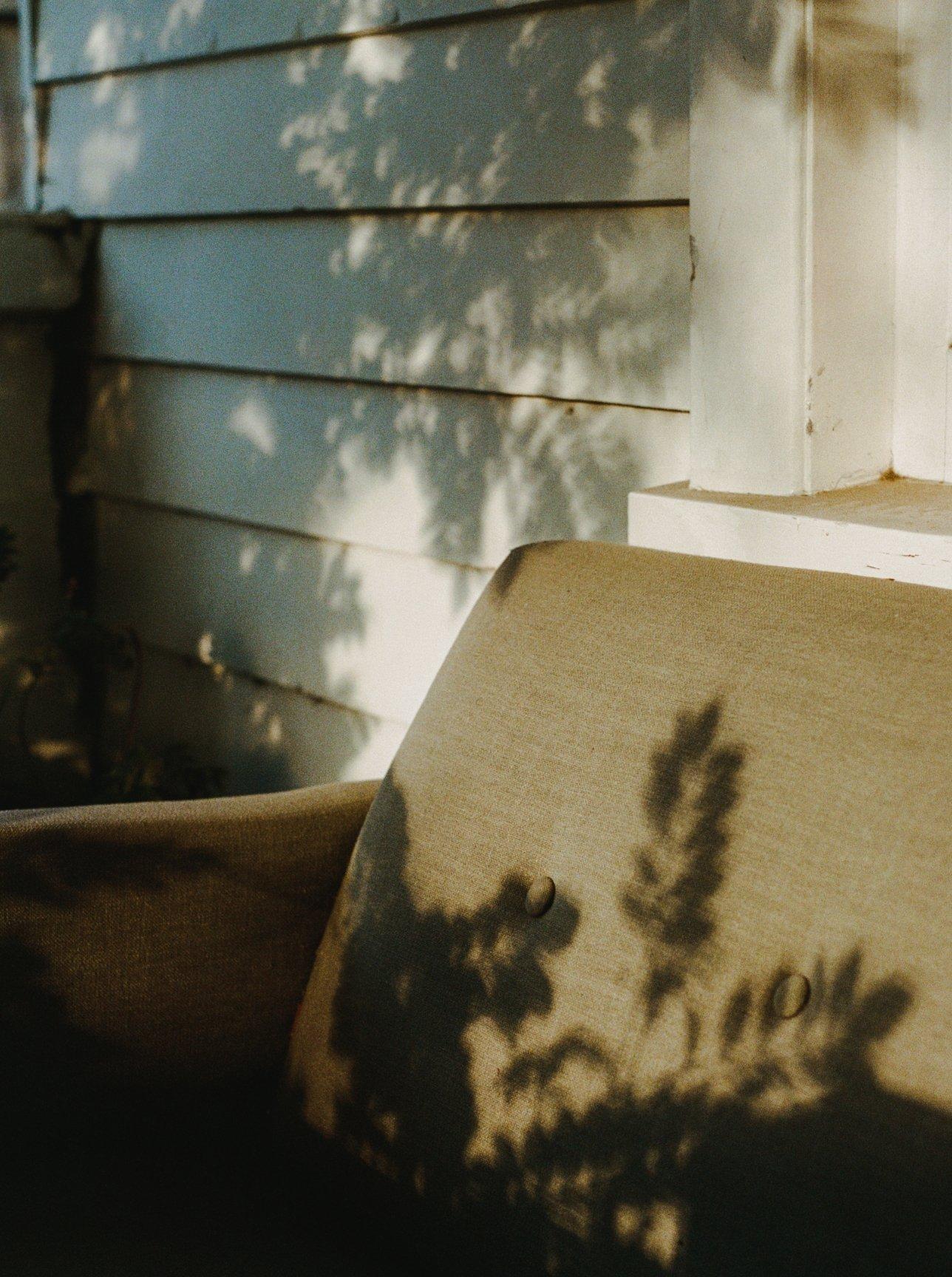BUSY DOING NOTHING
Why being busy isn't the status symbol it once was

Words
ANNA CODREA-RADO
Photography
SARAH PANNELL
In the early days of my career as a journalist, I was super busy and proud of it. I’d shoot off emails on my commute, then spend my day rushing between meetings with no time for a proper lunch, dash out the door to an industry event, squeeze in an exercise class before meeting friends for a drink, and then top it all off by sacrificing sleep so I could do it all again the next day.
I’d won at hustle culture and had the busyness trophy to prove it. A few years in, however, I started to feel the effects of my hectic schedule. I had to ask myself: was I really being productive or just busy achieving nothing?
Let's unpack the concept of "busyness." To me, it’s the deliberate act of overloading our calendars. We do this, in part, because we live in a culture that praises the perpetually occupied, where "busy" is synonymous with "productive." We applaud multitaskers and marvel at overstuffed schedules. You’ve probably heard the phrase: "If you want something done, give it to the busiest person." You may have even said it yourself. Its message is explicit: the busy among us are the reliable ones.
Busyness is productivity’s chaotic younger sibling. The words are often used synonymously but they’re not the same thing. While both terms can be toxic, productivity is ultimately about efficiency, while busyness can deceive us into equating constant activity with success.
Much like “optimism” and “positive thinking”, “busyness” can easily turn into a tool that when wielded without caution, can have detrimental effects on our well-being. It becomes yet another stick with which to beat ourselves. This glorification of busyness is a double-edged sword, subtly pressuring individuals to overcommit and wear exhaustion as a badge of honour. It must be said, however, that as a society we buy into the myth and perpetuate the cycle. It's time to confront the uncomfortable truth: we're all complicit in the glorification of busyness.
To be clear, I’m not talking about the genuine scarcity of time many of us face. The challenges posed by a lack of childcare, financial pressures, or health problems make it almost impossible for many of us to prioritise our time effectively. These socioeconomic factors bear down on us and create what’s known as time poverty; when you have more things to do than hours to complete them. Put simply, we’re overstretched enough already, we don’t need to make our lives harder. So why, then, do we cling to this charade of productivity? Why is busyness the Birkin bag of today's work culture, a status symbol to aspire to?
In Daring Greatly, Brené Brown describes the phenomenon of "crazy-busy” as our socially acceptable numbing strategy. She writes: “I often say that when they start having twelve-step meetings for busy-aholics, they’ll need to rent out football stadiums. We are a culture of people who’ve bought into the idea that if we stay busy enough, the truth of our lives won’t catch up with us.”
I know what you’re thinking – if you stop, then you’ll feel guilty about it. That busyness is the necessary evil for success. That if you don’t squeeze in that networking event, you won’t look like a team player, or if you don’t go to that hen party, your friends will feel neglected. But I’m here to let you in on a secret. Being busy is not the vibe we think it is. Rather, it's often the moments of stillness that pave the way for genuine connection, personal growth, and a more fulfilling life.
Time poverty isn’t a choice, but busyness is, and we can opt-out. I’m not suggesting to sit idle, but rather getting clear on the difference between busyness and efficiency. Let’s learn how to spot the line that divides healthy engagement and overwhelming demands so we can stop before accidentally crossing it.
The author Matt Haig once gave this piece of advice: “Have a routine baggy enough to live in.” I take this to mean, don’t try to schedule everything perfectly but rather plan for imperfection. When you gift yourself breathing room in your diary, it allows you to take breaks, rest, and enjoy downtime.
After all, when you’re not busy, you’re free.
You can read more from Anna in her newsletter, A-Mail.








